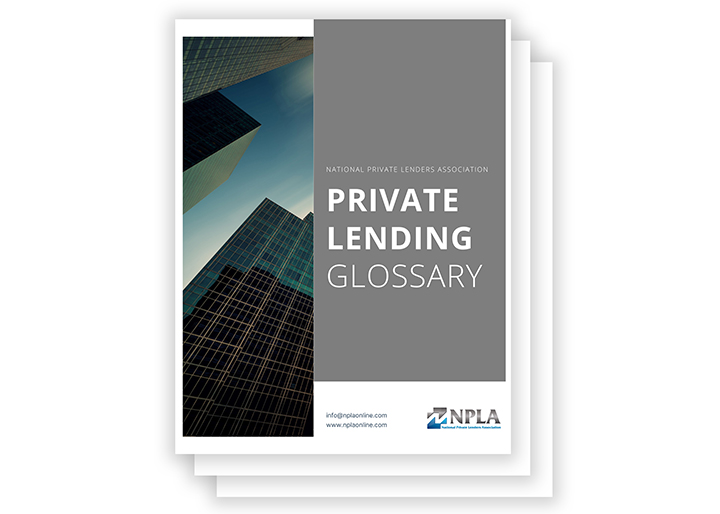IMN Single Family Rental Industry Awards
A Celebration of the SFR Industry IMN hosted the 3rd Annual SFR Industry Awards on December 2nd, 2024, immediately preceding their 12th Annual Single Family Rental (West) Forum. The Awards Ceremony celebrated and honored the excellence of the SFR industry. Here are the Winners of the 2024 SFR Industry Awards! Congratulations to each and every one of you. Financing BTR/Construction Lender of the Year Genesis Capital Private Equity/Joint Venture Deal
Read More











